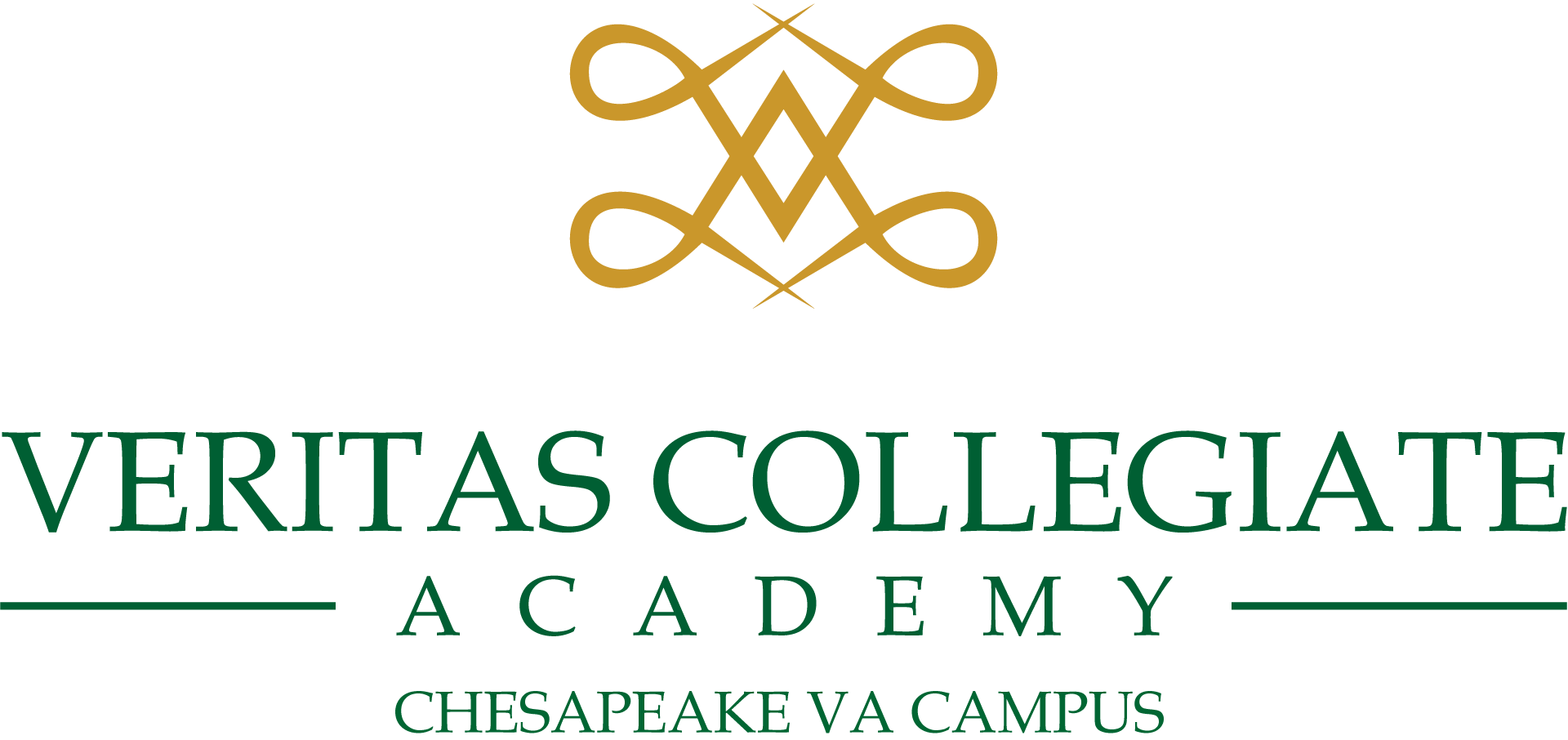“I am just not sure what I believe anymore.”
For Christian parents, hearing these words from a child falling away from the faith can be heartbreaking. As our children move away from home and towards greater independence, three situations can contribute to a child’s crisis of faith – real life challenges, intellectual challenges regarding faith and inability to articulate one’s faith.
How can we equip our children to navigate the tumultuous waters of doubt when their faith is challenged?

“When I was a child, I talked like a child, I thought like a child, I reasoned like a child. When I became a man, I put the ways of childhood behind me.”
–Saint Paul
There comes a point in everyone’s life when the simplified explanations of  childhood do not adequately meet the challenges of real life. When tragedy and heartache upend someone’s life, it is easy to question “where is God” in my illness, my loss, my divorce, etc.?
childhood do not adequately meet the challenges of real life. When tragedy and heartache upend someone’s life, it is easy to question “where is God” in my illness, my loss, my divorce, etc.?
In the midst of troubled waters, faith can be diluted to those fateful words: “I am just not sure what I believe anymore.”
Are our children therefore destined to abandon their immature faith when they face real and compelling troubles? No!
Jesus promised that we would have trouble in this world. Our faith must be more than empty words. Scripture exists to help us to grow our faith and depend on it in both good and bad times. As we dedicate our homes to nurturing our children’s faith, we must also help them to own their faith and mature in it.
“Educating the mind without educating the heart is not education at all”
- Aristotle.
A common assumption is that a young Christian should be suspicious of knowledge. Modern academia may not be the friend to Christianity as it once was, but intellectual pursuits and a faith in Christ are not mutually exclusive, rather they complement each other.
The scholarly world would not exist as we know it without the faithful like  Augustine, Aquinas, More and countless others who examined their faith with fear and trembling while applying reason.
Augustine, Aquinas, More and countless others who examined their faith with fear and trembling while applying reason.
Christian families should be the people that are most excited to learn. It is a Christian tenet that we are created in God’s image and should aspire to be creative. We should be very inquisitive about science and the awe-inspiring design of our universe.
In the progression of a Classical education, students are introduced to the Socratic Method, a pedagogy unfamiliar to most contemporary American classrooms. The method, named for Socrates, helps lead a student to refine their thinking through a series of thoughtful questions, challenging the student to know why they believe what they believe.
Thus, reasoning and articulation are strengthened as the student is challenged to defend his or her ideas and arguments. This approach to learning is a much stronger and more challenging educational experience for a child, vice simply choosing option C on a multiple-choice exam.
In her article “Treasure in the Attic: Telling Stories of the Good Life,” Marissa Black reflects on the importance of her classical education:
“We do not go to school to graduate to get a degree to get a job. The point of education isn’t how big of a paycheck you earn. The point of education is to seek out truth and learn to lean into it. The classical education experience gave me a secure place to discuss culture and religion and the spaces where they rub one another raw.”
When faced with serious social, historical or scientific questions, our ability to articulate why we believe what we believe prevents us from being tossed around in a sea of doubt. There is biblical support for Classical education, but more importantly, being able to articulate one’s faith.
Jesus frequently used questions to draw the listener to truth, but he was also able to articulate well when challenged.
The apostle Paul appealed to the Athenians’ reasoning when he spoke of a knowable God.
A Classically trained student is able to think clearly and to be able to articulate why they believe what they believe.
The tools of reason and discernment do not ensure a life free of doubt and dilemma, but these skills embedded by our Creator can be honed for strength in the storm. Additionally, when properly trained a young Christian can clearly articulate their faith with greater success in fulfilling the Great Commission.
Through reason, discernment and articulation, a young Christian’s faith will be strengthened and their parents can feel comfortable that their faith is anchored for a lifetime.



.png?width=1920&name=VCA%20VA%20Logo%20White%20PNG%20(1).png)

